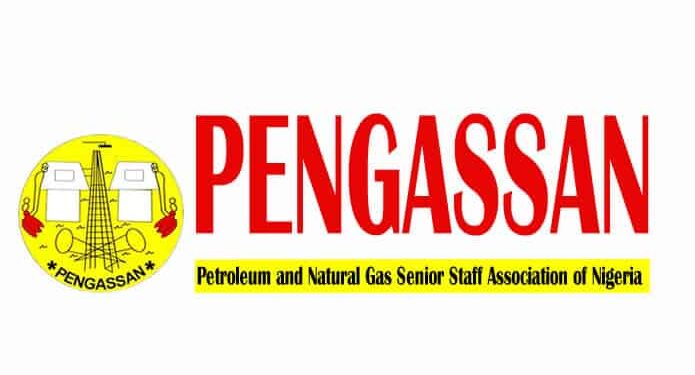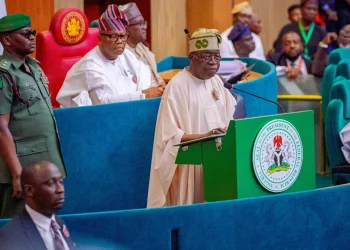A nationwide strike declared by the Petroleum and Natural Gas Senior Staff Association of Nigeria has brought operations to a complete standstill at critical oil and gas regulatory institutions across the country, including the Nigerian National Petroleum Company Limited, the Nigerian Upstream Petroleum Regulatory Commission, and the Nigerian Midstream and Downstream Petroleum Regulatory Authority.
The industrial action has effectively locked down key facilities, with the main gate of the NUPRC headquarters in Abuja remaining firmly secured, leaving numerous employees stranded outside the premises. Security personnel stationed at the facility confirmed that no staff members were permitted entry in accordance with the union’s strike directive.
Operations at the NMDPRA have similarly ground to a halt as workers demonstrated full compliance with the industrial action called by their union leadership. The comprehensive nature of the strike has prevented normal business activities from proceeding at these crucial regulatory bodies.
Tony Iziogba, PENGASSAN Chairman at NMDPRA, confirmed the effectiveness of the strike action, stating that the union had achieved complete compliance among its members. He indicated that access had been restricted for both staff and visitors as part of the coordinated industrial action.
Iziogba reported that similar levels of compliance had been enforced at the NNPCL and other relevant agencies under the union’s influence, demonstrating the coordinated nature of the strike across multiple institutions within the oil and gas sector.
The union leadership justified the strike action by citing the alleged wrongful dismissal of approximately 800 workers at the Dangote Petroleum Refinery. PENGASSAN characterized these dismissals as unjustified, prompting the decision to pursue industrial action as a means of protest and seeking redress for the affected workers.
The strike has extended beyond mere work stoppages to include a directive halting crude oil and gas supplies to the Dangote Petroleum Refinery. This supply disruption has created significant concern within the energy sector, with industry stakeholders expressing alarm about the potential broader implications.
Oil marketers have issued warnings about severe disruptions to fuel distribution networks as a result of the supply halt directed at the Dangote facility. The refinery plays a crucial role in Nigeria’s petroleum product supply chain, making any interruption to its operations potentially significant for domestic fuel availability.
The industrial action represents a major escalation in the dispute between PENGASSAN and the Dangote Petroleum Refinery management over employment practices. The union’s decision to target not just the refinery but also regulatory institutions suggests an attempt to maximize pressure for resolution of their grievances.
The strike’s impact on key regulatory bodies raises concerns about the broader functioning of Nigeria’s oil and gas sector oversight mechanisms during the period of industrial action. These institutions play critical roles in sector regulation, licensing, and operational oversight.
The comprehensive nature of the strike, affecting multiple institutions simultaneously, demonstrates PENGASSAN’s organizational capacity and the solidarity among its members across different agencies within the petroleum sector.



















